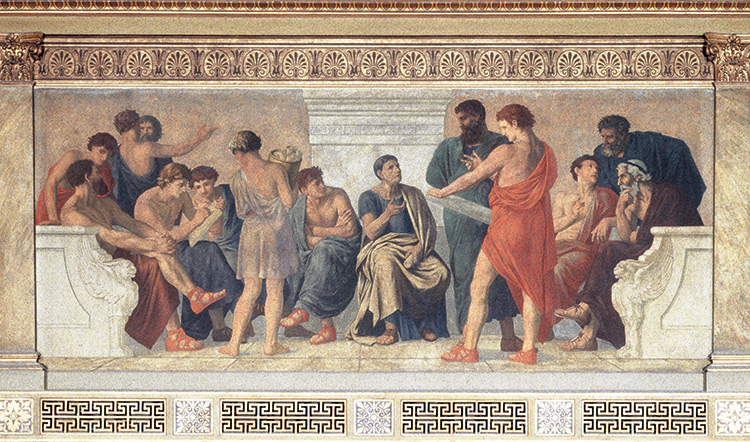On the Discourse of Immigration

https://www.cnn.com/2018/04/20/us/paintings-us-mexico-border-fence/index.html Until quite recently, serious conversation about immigration was all but dismissed from philosophical discourse. However, this consensus of silence imposed by opinion makers who found the topic distasteful or inconvenient was abruptly undone by a number of recent events - including the sudden rise of immigration as a topic in the last U.S. presidential election. In the limelight of this discourse, we find two prominent scholars of philosophy with polar opposite opinions on the matter; Wellman and Abizadeh. Wellman argues that insofar as a state is legitimate, it ought to have the right to close borders to would-be immigrants as it sees fit. Abizadeh argues, in contrast, for a moral right to not be excluded, such that states have no moral right to close their borders to any would-be immigrants without a unilateral democratic justification. The aim of this post is to identify and present each of their arg...




